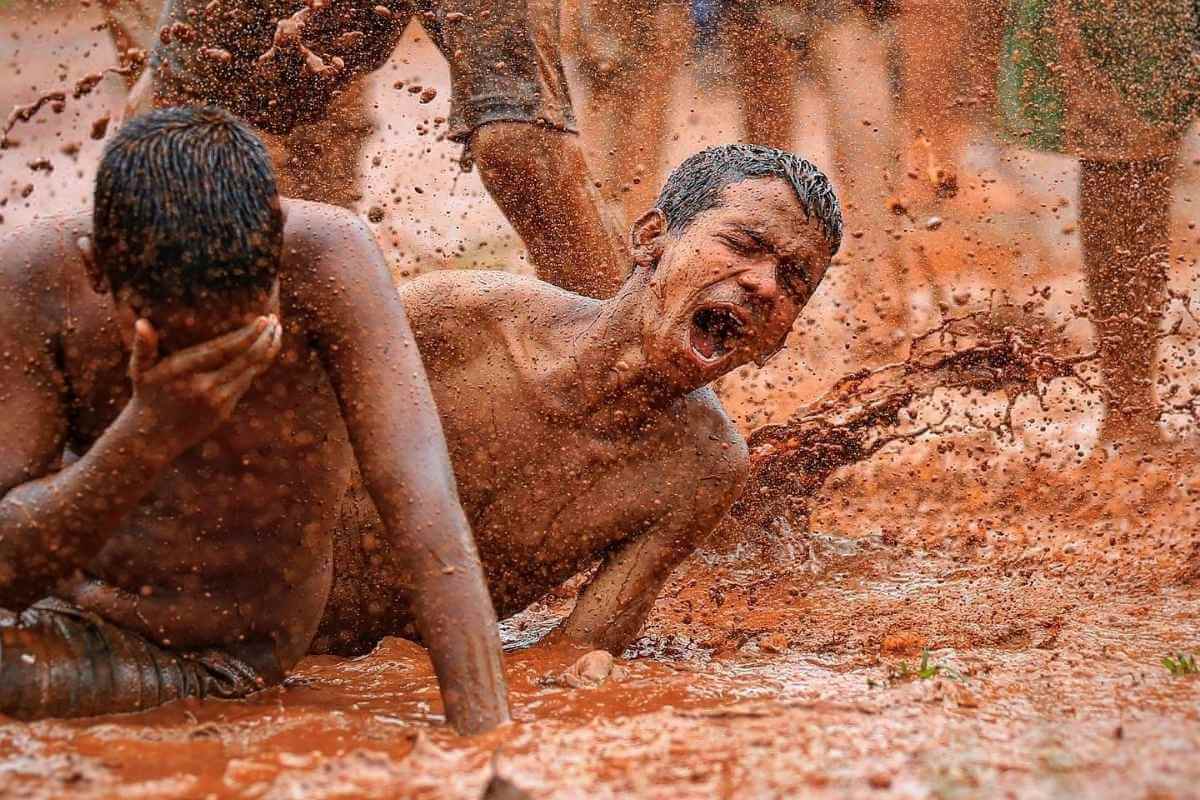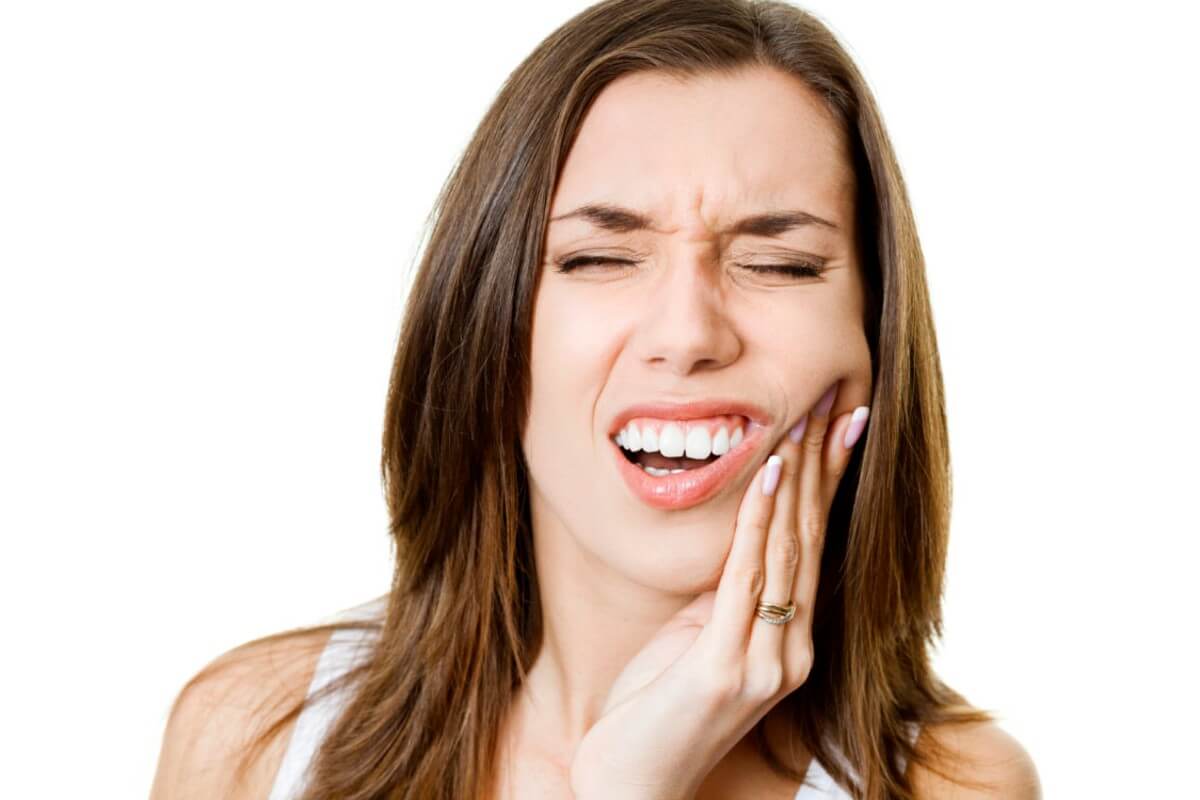An invitation to a party causes many to shudder as they begin to frantically wonder what to do with their tresses that are forever limp or dry! For many more, a hair allowance is budgeted into their monthly expenditure, while in the third category you have those who look back at their childhood pictures and wonder how those thick braids turned to thin threads!
Does there exist a relationship between the food you eat and the mane you wear? Of course, there does!! Your hair is a barometer of how well (or how poorly) you feed your body. So, do your hair a favour, and make sure that your daily diet contains the following nutrients from natural food sources:
- Protein: Your hair’s structure is made up of a protein called keratin. When your protein stores are low, amino acids needed to build this protein become unavailable, thus making hair grow slower and weaker. The amino acid lysine is one of the most important for keratin formation; lean meats, eggs, beans, pulses, nuts and spirulina are must-haves in your diet.
- The B-vitamin Biotin helps in hair growth and strength by aiding amino acid production. Egg yolks, mushrooms, cauliflower, sweet potatoes, almonds and walnuts are smart choices on your meal and snack plate.
- Folate, B12 and B6 are B-vitamins that help create RBCs (Red Blood Cells) which carry oxygen and nutrients to the scalp; dark green leafy vegetables such as broccoli and spinach, pork, and low-fat dairy should be your choices.
- Vitamin D – sunlight exposure for just about 15 minutes every day – will stimulate hair follicles that have become dormant.
- Vitamin E, present in nuts and seeds, reduces oxidative stress in the scalp, which is known to be associated with alopecia.
- Iron: Hair follicles receive nourishing oxygen from the iron in your RBCs. It would do you good to do a blood test to check your ferritin (iron stores) levels as low ferritin is associated with slow or halted hair growth as well as hair shedding. Iron-rich foods on your plate should include lean meats, sprouts, fish, ragi, and rice flakes.
- Vitamin C not only enhances the absorption of iron from your diet but also strengthens collagen, a structural protein that makes up connective tissue which hair follicles require for optimal growth. Berries, oranges, limes, bell peppers, guavas, Brussels’ sprouts pack a punch of this vitamin.
- Omega-3 fatty acids counteract inflammation that causes hair shedding; they also prevent a dry scalp. Fish, flax seeds and walnuts are your best bet.
- Zinc stimulates oil glands, thus protecting your hair from dryness and dandruff. This mineral also strengthens hair follicles and prevents hair loss by binding hair proteins. Shellfish, sunflower seeds, whole grains, groundnuts are excellent sources of this essential mineral.
- Water is needed to maintain hair hydration to avoid dryness and breaking. In addition to drinking optimal quantities of water each day, make sure you load up on water-abundant fruits and veggies.
Supplements should not be your first line of treatment to deal with hair worries. Ensure a balanced, micronutrient-packed diet and do a blood test before you choose supplements as a source of nutrition for your hair. Do remember that your body absorbs natural nutrients better than those in supplemental form.
Photo by Skitterphoto from Pexels


























